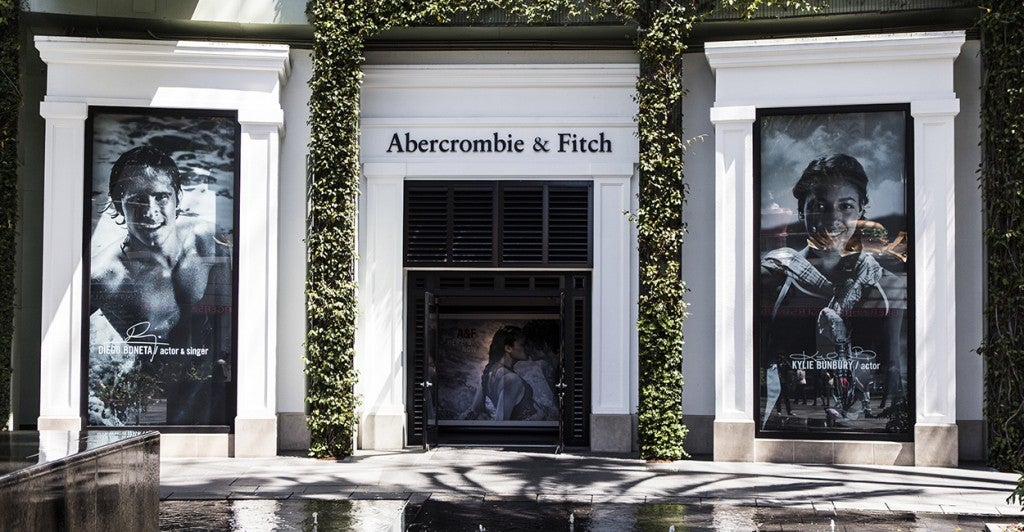The Supreme Court’s 2014-2015 term officially begins next Monday. On Thursday, the justices added eleven cases to their docket. Here are the noteworthy additions:
- EEOC v. Abercrombie & Fitch Stores: Under Title VII of the Civil Rights Act, employers may not discriminate based on race, color, religion or national origin in the hiring or firing of employees. Thus, employers must reasonably accommodate the religious practices of their employees or prospective employees, unless such an accommodation would cause an “undue hardship.” The EEOC filed suit against Abercrombie for refusing to hire a Muslim teenager who applied to be a model because wearing a hijab conflicted with the store’s style guidelines for their models. The issue before the Supreme Court is whether Abercrombie is liable under Title VII only if it received explicit notice from the job applicant that their style guidelines conflicted with her religious beliefs.
- Ohio v. Clark: The Sixth Amendment’s Confrontation Clause requires that a criminal defendant has the right to “be confronted with the witnesses against him.” In every state, teachers have a legal obligation to report suspected child abuse to the authorities. Are any statements made by a child to a teacher considered “testimonial,” making them subject to the Confrontation Clause at trial? In this case, the trial court determined that the child victim could not testify and admitted evidence of the child’s statements to his teacher, but an appellate court reversed, finding this violated the defendant’s constitutional rights. This presents the Supreme Court with an opportunity to further define the contours of the Confrontation Clause.
- Texas Department of Housing and Community Affairs v. The Inclusive Communities Project: The Fair Housing Act prohibits discrimination in housing and authorizes individuals to sue governmental entities to challenge racially discriminatory housing policies. But does this extend to claims based on a statistical showing (known as “disparate impact”) that minorities suffer disproportionately from certain policies rather than proof of actual intentional discrimination? The text of the Fair Housing Act does not authorize disparate impact claims, and the Supreme Court has never recognized such claims under the act. This is the third time the Supreme Court has granted review on this issue, but the last two cases settled out of court before the justices could issue an opinion.
- Williams-Yulee v. The Florida Bar: Judges are selected by popular vote in thirty-nine states. Florida’s Code of Judicial Conduct bars judicial candidates from personally soliciting campaign contributions. Lanell Williams-Yulee, a candidate for County Court Judge in Hillsborough County, Florida, was sanctioned and fined by the Florida Supreme Court for seeking campaign contributions. She challenged this provision of the Code of Judicial Conduct as an unconstitutional “content- and speaker-based restriction on political speech,” in violation of the First Amendment’s Free Speech Clause.
The Court did not announce whether it will hear one of the seven petitions involving traditional marriage laws, and it also delayed making a decision about whether to review Arizona State Legislature v. Arizona Independent Redistricting Commission, an Elections Clause challenge to the state’s use of a commission to set congressional district lines. Monday morning marks the official start of the term, with oral argument in Heien v. North Carolina. You can read about this and other upcoming cases here.
